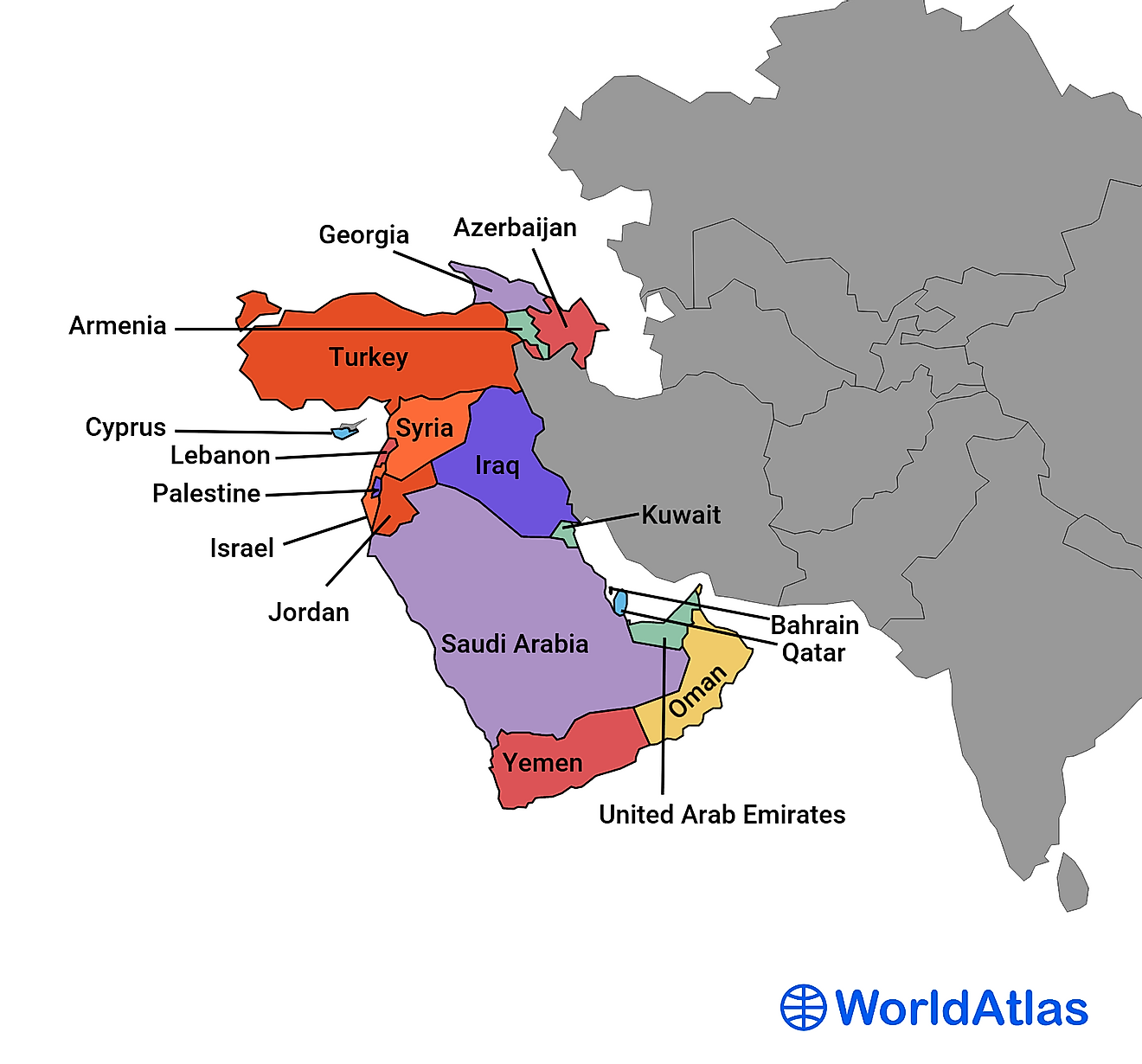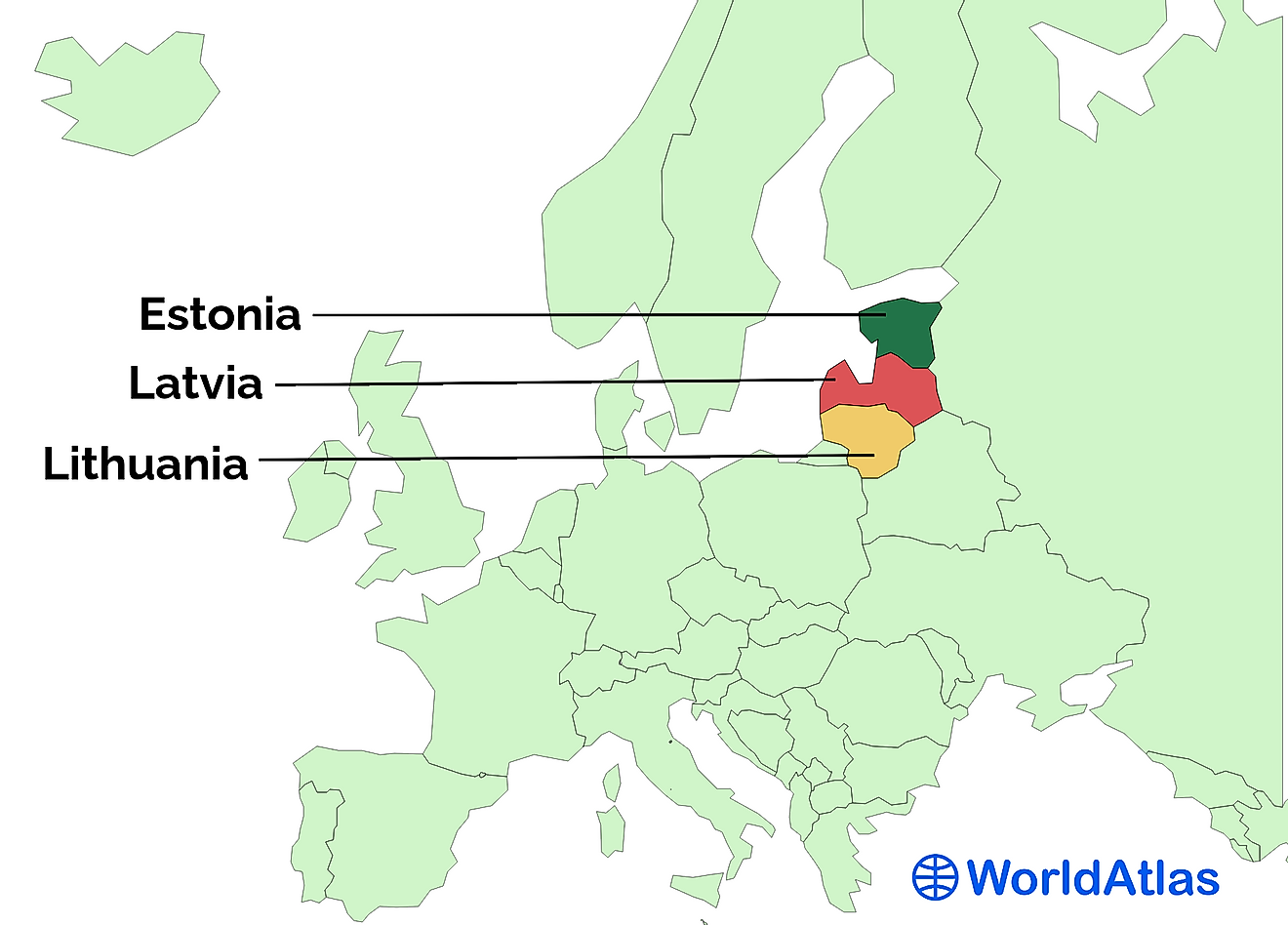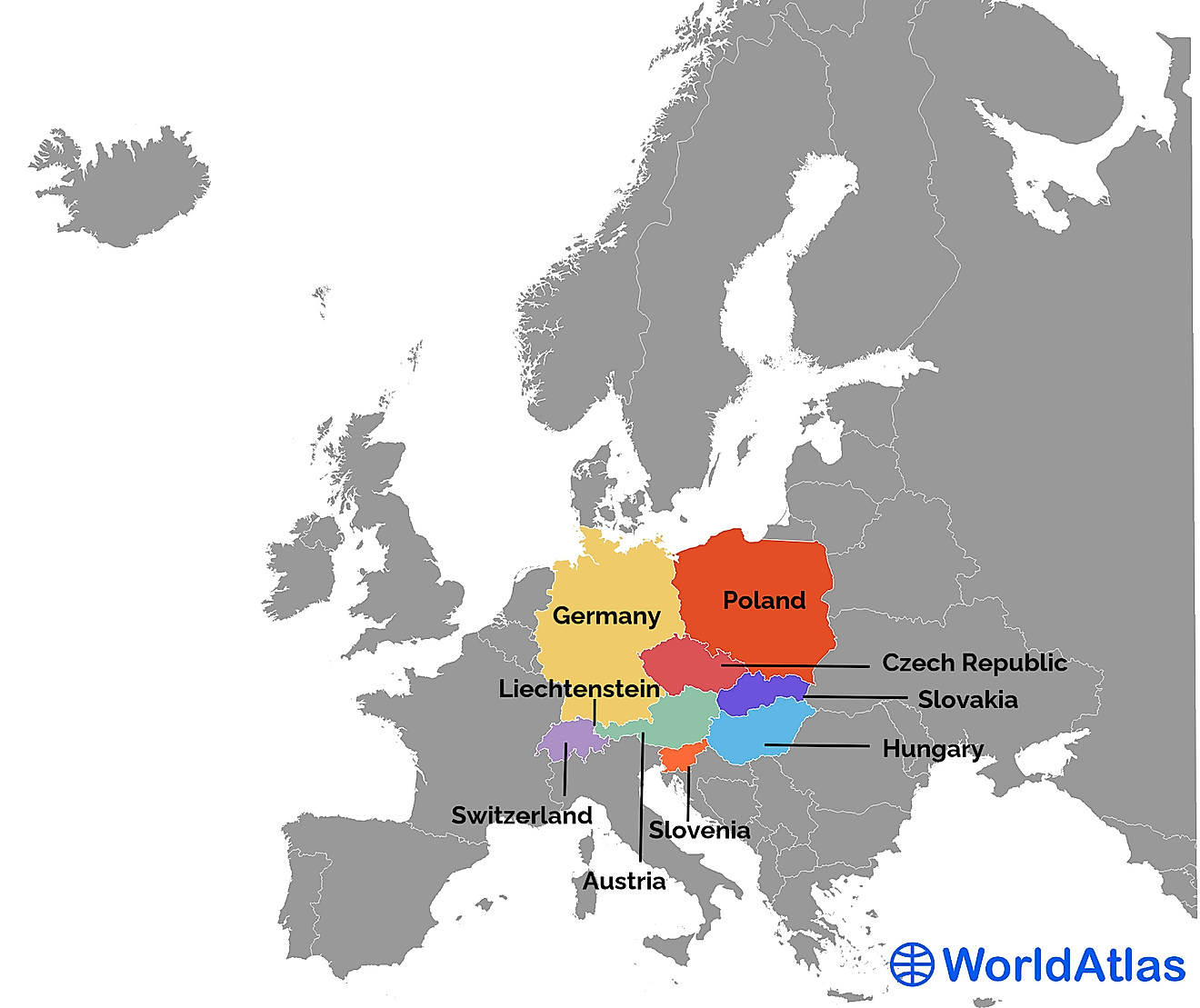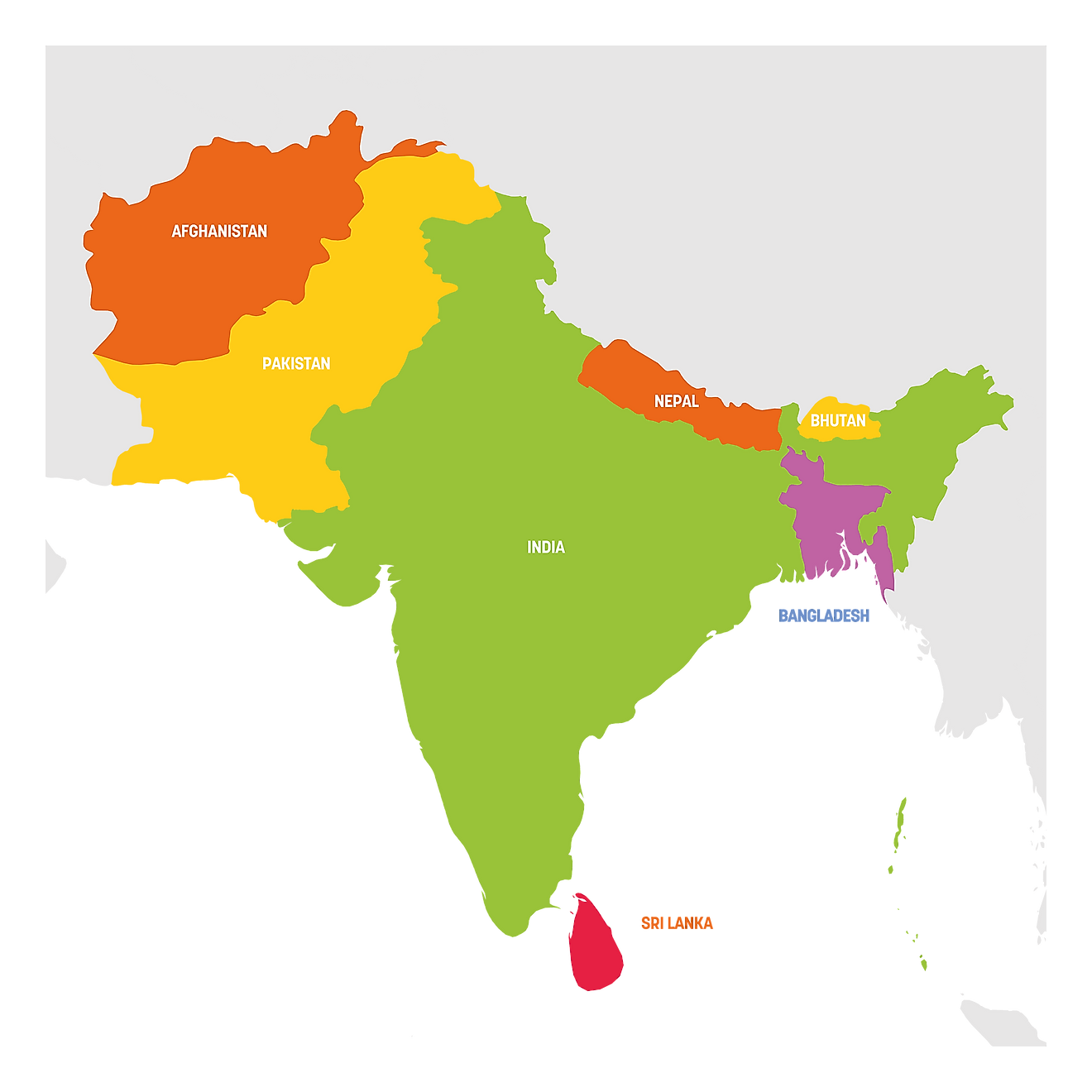Who Is The Father Of Economic Geography?

- Economic geography studies economic activity and how it relates to geographical position.
- Geographer George Chisholm wrote the first textbook on economic georgaphy and is credited as the father of the field.
- Economic geography is not only used as a discipline in geography but also in ultiple other scientific fields.
Economic geography is an important field in geography, but also in economics. It studies economic activity and how it relates to geographical position. It is a field that deals with many important topics such as the locations of various industries, international trade, real estate, gentrification, ethnic and gendered economies, the relationship between the environment and the economy, and many more.
It is not hard to see why it is considered an extremely important discipline. It deals with topics that are crucial for the successful functioning of our society. While it is hard to say who exactly created this field, we do know who wrote the first textbook on it. It was the geographer George Chisholm, and he is credited as the father of this field.
The Life Of George Chisholm
George Chisholm was born on May 1st, 1850, in Edinburgh, Scotland. He attended the Royal High School in Edinburgh and then went to the University of Edinburgh, where he graduated in 1970. He worked as a lecturer in London from 1883 to 1908 in the field of geography. Chisholm eventually returned to his hometown, where he worked as a university professor. He was the secretary of the Scottish Geographical Society, where he worked for 15 years.
He was awarded an honorary doctorate in 1923 but is most known for writing the first textbook on economic geography. The title of the book was “Handbook on Commercial Geography,” published in 1889. The book was later revised but continued to be relevant for a long time. The book set the basis for this field in geography, which is more relevant than ever. Its importance continues to grow. Chisholm was critical of extreme nationalism, which was why he bumped heads with some of his contemporaries. He died on February 9th, 1930, quietly on a tram in Edinburgh.
The Importance Of His Work
Economic geography continues to be relevant to this day and will probably be even more important in the future. It studies the distribution and location of all economic activity on our planet. It managed to become regarded as a traditional discipline, seeing as how important it is. It is often used to analyze data of extreme importance. With the help of economic geography, we are able to understand the economic structures in specific areas and see their relation to other areas in the world as well.
Economic geography is not only used as a discipline in geography. Many economists use it and are aware of its value. With the help of this discipline, we are able to study economic activity in any particular region on our planet and we can find new ways to improve the economy.
We can learn how to set up economic activity in specific areas and also explore the geographical benefits of certain areas. We are able to explore what natural resources work best for what country, and according to that, set up industries that are best suited for those areas. All of this is possible because of economic geography.











